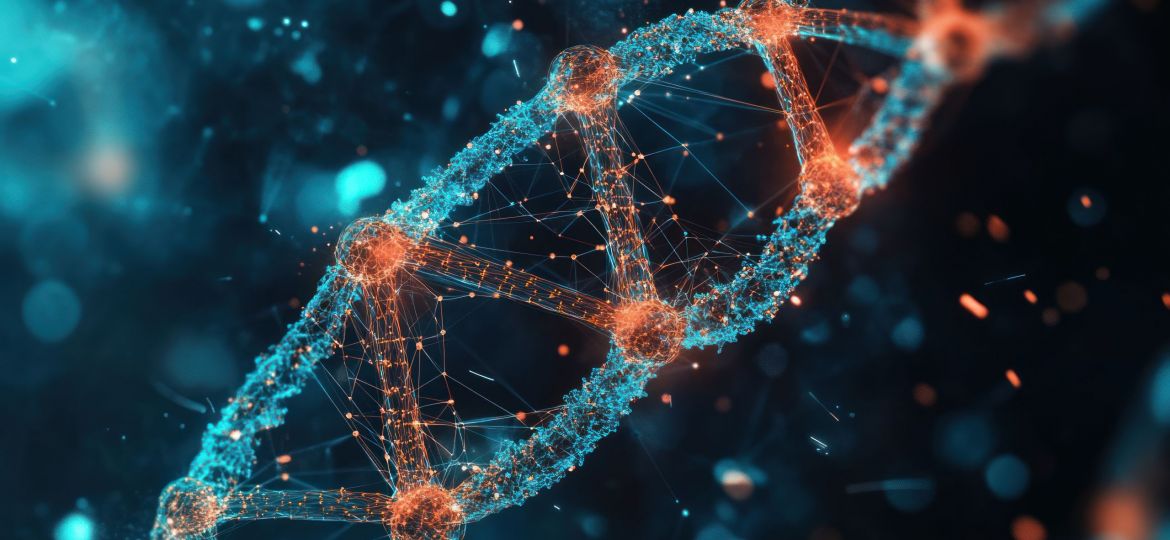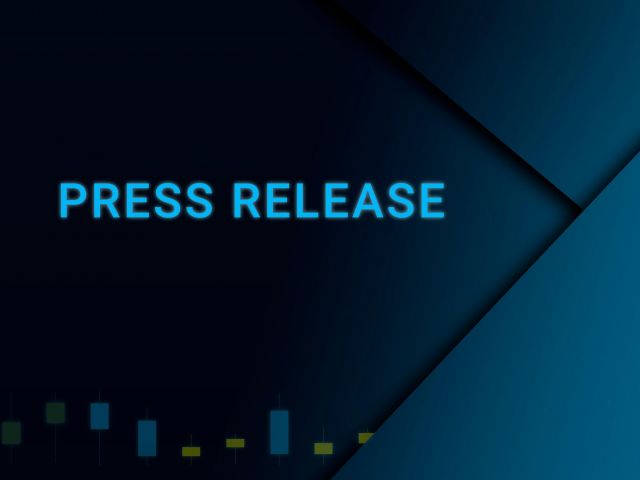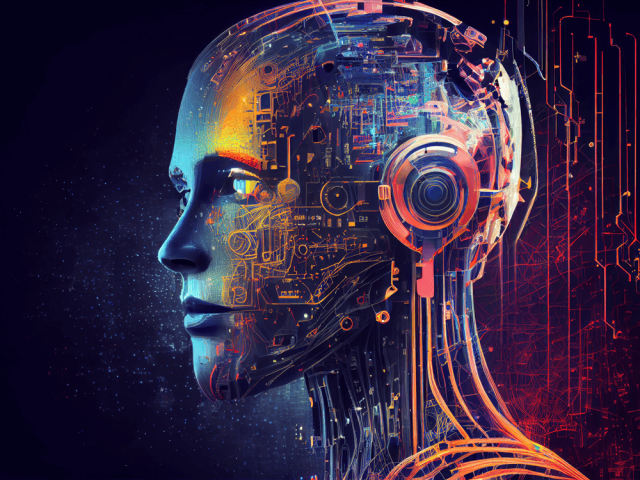
Insight by: Debbie Lin
In a landmark year for science and technology, Dr. Geoff Hinton was honored with the Nobel Prize for his groundbreaking contributions to artificial intelligence, alongside the recent recognition of Dr. David Baker and Dr. Demis Hassabis for their innovations in protein folding with AI. These breakthroughs represent monumental shifts in how we understand and apply computational methods in science and healthcare and are opening doors to new opportunities for the visionary leaders needed to drive these advancements forward.
AI’s Growing Impact on Life Sciences
Geoff Hinton, often called one of the “Godfathers of AI,” has transformed the field with his pioneering work:
- Inventing Backpropagation: A key algorithm for training neural networks, now foundational for deep learning.
- Breakthroughs in Deep Learning: Enabled machines to recognize complex patterns in data, from images to language.
- Transforming Neural Networks: Revolutionized how AI systems learn, with applications across industries, including healthcare and precision medicine.
Hinton’s influence goes beyond academia. As a Google researcher, he mentored the next generation of AI pioneers and helped lay the foundation for technologies that are now essential in areas like precision medicine, medical diagnostics, and self-learning AI systems. His achievements underscore the profound role that data-driven AI plays in shaping healthcare solutions.
Breakthroughs in Protein Folding: The Keys to New Therapies
David Baker and Demis Hassabis have pioneered solutions to one of biology’s most complex challenges—predicting protein structures. Their tools are invaluable in drug discovery and the development of new treatments:
- AlphaFold by Demis Hassabis: DeepMind’s AI-driven AlphaFold predicts the 3D structures of proteins with remarkable accuracy, critical for understanding diseases and accelerating drug discovery.
- Rosetta by David Baker: Baker’s Rosetta software provides another essential tool in protein modeling, enabling the design of novel therapeutics and supporting an open-science model that allows researchers worldwide to leverage these capabilities.
Both innovators have brought unique perspectives to their work—Baker’s interdisciplinary focus from music to molecular science, and Hassabis’ background in game design and strategic thinking—demonstrating the power of diverse expertise in solving complex scientific challenges. Their contributions have paved the way for faster, more effective treatments that can be tailored to individual genetic profiles.
Accelerating Drug Discovery with AI: Implications for Healthcare Leaders
The integration of AI into biology and medicine is transforming drug discovery and patient care. Computational models powered by AI can now predict molecular interactions, optimize candidate drug selection, and reduce both the time and cost of traditional laboratory experiments. These tools are particularly invaluable in personalized medicine, enabling treatments tailored to a patient’s unique genetic profile and predicted drug response.
This is an exciting era for Bench International, as advancements in AI and protein modeling elevate the demand for leaders with specialized expertise in AI-driven healthcare solutions. The achievements of Hinton, Baker, and Hassabis are illustrative of the evolving roles and interdisciplinary skills needed in today’s biotech and life sciences industries. Bench is dedicated to finding and placing the visionary talent essential for harnessing these innovations to improve patient outcomes and accelerate the next generation of therapies.
Looking Ahead: Talent in the Age of AI
As the intersection of AI and biology continues to reshape the industry, Bench International stands ready to support healthcare organizations in identifying leaders with the foresight and expertise to leverage these transformative technologies. We congratulate Dr. Hinton, Dr. Baker, and Dr. Hassabis on their Nobel-worthy achievements and look forward to the future they are helping to create.
For a deeper dive into the achievements shaping AI’s role in healthcare and drug discovery, explore these key resources:





